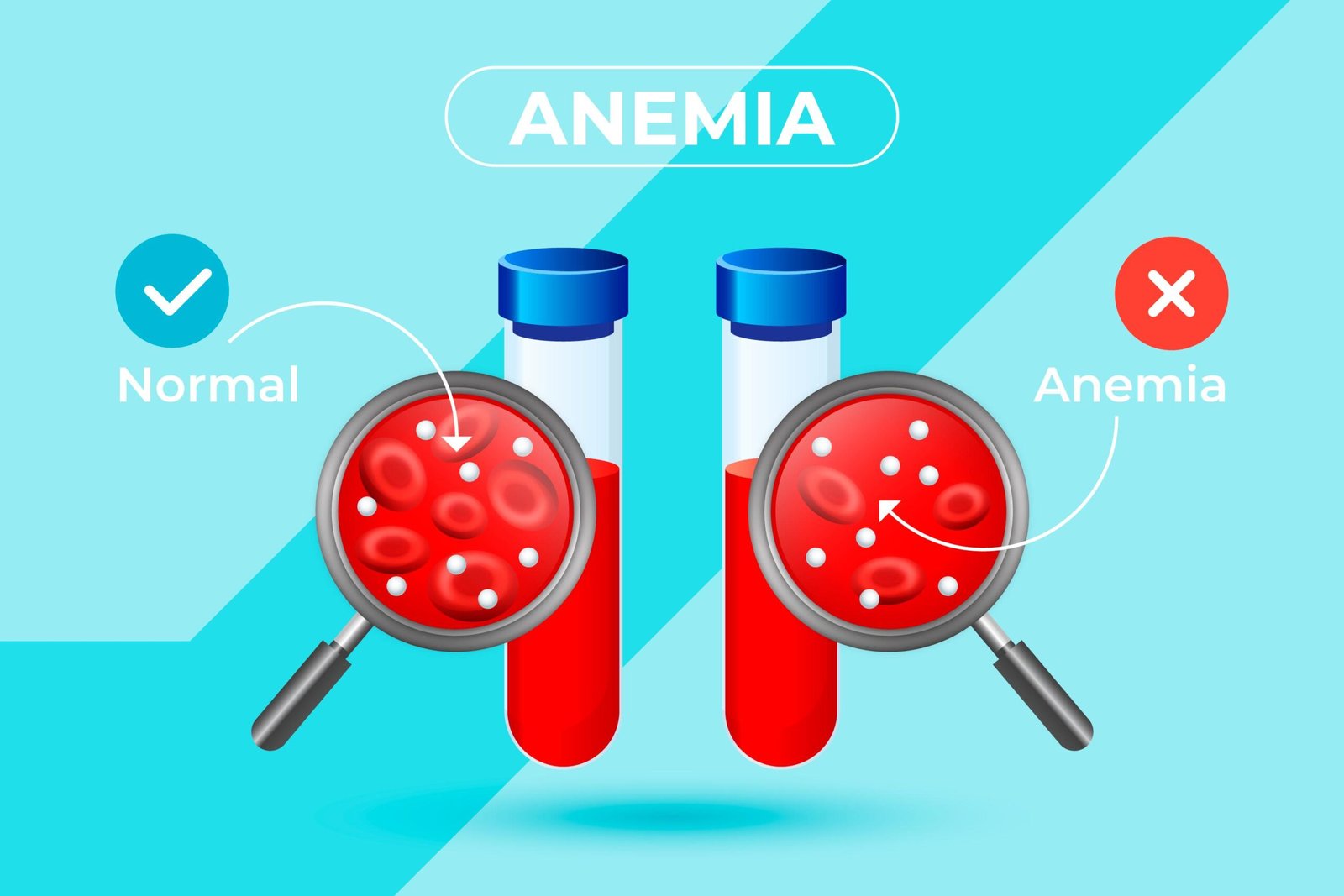Anemia: A Comprehensive Guide from a Hematologist
Anemia is a common blood disorder that affects millions of people worldwide. As a hematologist, I am committed to providing insights into this condition, including its causes, symptoms, diagnosis, and treatment options, to help you better understand and manage anemia.
Understanding Anemia
Anemia occurs when there is a decrease in the number of red blood cells or a reduction in their ability to carry oxygen. Red blood cells contain hemoglobin, a protein that binds to oxygen in the lungs and transports it to the body’s tissues. Anemia can result in reduced oxygen delivery to organs and tissues, leading to various symptoms and health issues.
Common Causes of Anemia
- Iron Deficiency Anemia: This is the most common form of anemia and often arises from inadequate dietary iron intake, blood loss (e.g., due to heavy menstrual periods or gastrointestinal bleeding), or poor iron absorption.
- Vitamin Deficiency Anemias: Deficiencies in vitamins like B12 and folic acid can lead to anemia, impairing the body’s ability to produce healthy red blood cells.
- Chronic Diseases: Conditions like chronic kidney disease, inflammatory disorders, and certain cancers can interfere with red blood cell production, leading to anemia.
- Hemolytic Anemias: These result from the premature destruction of red blood cells, either due to inherited conditions or acquired factors like autoimmune disorders.
Signs and Symptoms
Anemia can manifest in various ways, including:
- Fatigue
- Weakness
- Pale skin
- Shortness of breath
- Rapid heartbeat
- Cold hands and feet
- Dizziness or lightheadedness
- Difficulty concentrating
- Brittle nails
- Headaches
Diagnosis and Treatment
Diagnosing anemia involves a thorough medical history, physical examination, and blood tests. These tests assess the hemoglobin levels, red blood cell count, and the size and shape of red blood cells, helping to pinpoint the underlying cause.
Treatment strategies depend on the type and cause of anemia:
- Iron Supplements: Iron-deficiency anemia is often treated with oral iron supplements and dietary adjustments to boost iron intake.
- Vitamin Supplements: Deficiency-related anemias may require vitamin B12 or folic acid supplements.
- Underlying Condition Management: Addressing the underlying cause, such as treating chronic diseases or managing autoimmune conditions, is crucial in certain cases.
- Blood Transfusions: Severe anemia or acute blood loss may necessitate transfusions to rapidly increase red blood cell levels.
- Erythropoiesis-Stimulating Agents: In some cases, medications that stimulate red blood cell production may be prescribed.
Prevention and Outlook
Preventing anemia often involves a balanced diet rich in iron, vitamins, and minerals. Managing underlying health conditions is equally important. With timely diagnosis and appropriate treatment, many forms of anemia can be effectively managed, allowing individuals to lead healthy, fulfilling lives.
In conclusion, anemia is a diverse condition with various causes, symptoms, and treatment approaches. If you suspect you may have anemia or are experiencing its symptoms, consult a healthcare provider, who can diagnose the type and recommend appropriate treatment to improve your overall well-being.



